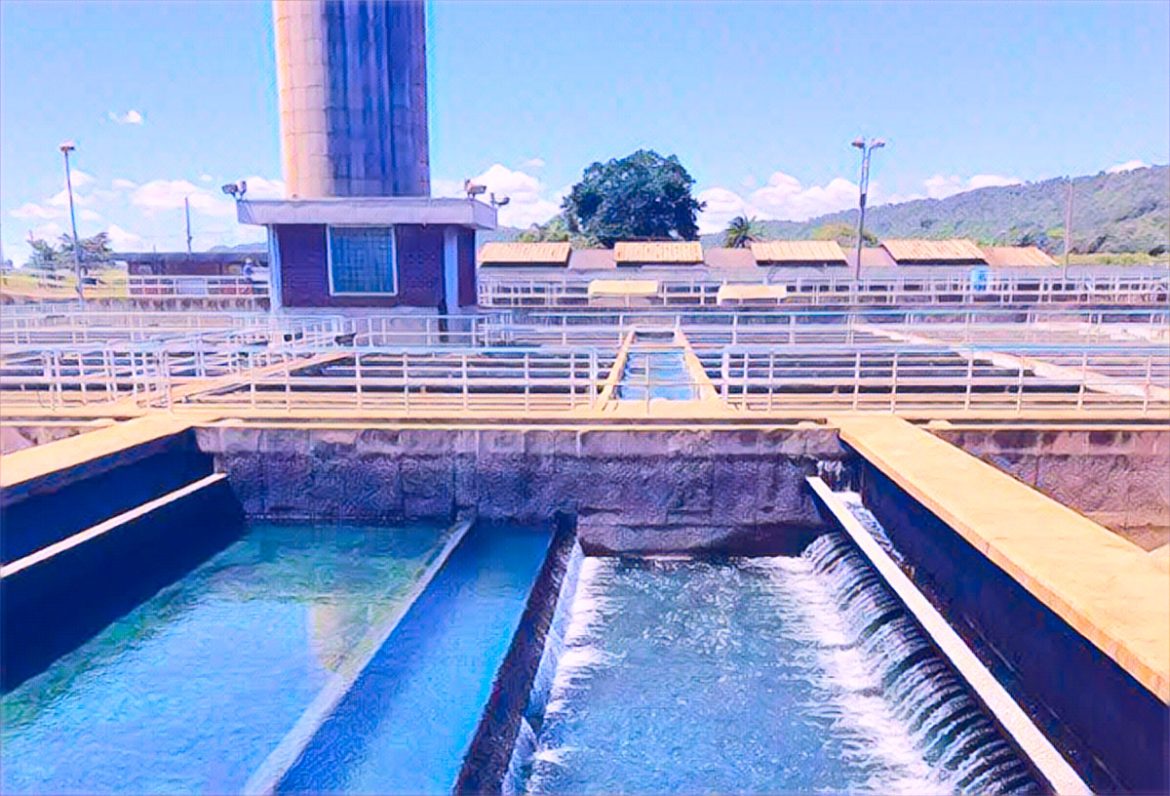Harare residents are facing a potential water crisis, with the Environmental Management Agency (EMA) issuing a stark warning this week. The culprit? The city’s deteriorating wastewater management system.
Pollution Threatens Clean Water Supplies
According to EMA, malfunctioning sewer treatment plants, overflowing landfills, and industrial waste from areas like Southerton and Workington are contaminating both surface water sources like rivers and underground water reserves. This polluted water makes it significantly more difficult and expensive to treat raw water for household consumption.
The current situation is already placing a financial strain on the city. Harare spends a staggering $3 million every month on chemicals needed to purify just 13,500 megalitres of water.
EMA’s acting Director-General, Steady Kangata, addressed the issue during a parliamentary committee hearing. He emphasized the urgent need for the Harare City Council to prioritize improvements to the city’s wastewater management infrastructure.
“There’s a circularity between water supply and sanitation,” Kangata explained. “Contaminated water makes it harder to produce clean water. We need the city council to take immediate action to overhaul the entire waste management system in Harare.”
City Council Struggles with Compliance
However, addressing the crisis won’t be easy. The Harare City Council has been grappling with waste management for years. Residents endure frequent pipe bursts due to dilapidated infrastructure, and repairs are often slow and inadequate. EMA has documented the council’s shortcomings, issuing 20 orders for non-compliance, levying 50 fines, and even summoning them to court twice.
“The city council hasn’t even applied for the necessary licenses to operate their wastewater systems since 2020,” Kangata revealed. “On top of that, they’re failing to submit quarterly reports on the status of their discharge points.” This lack of transparency and accountability raises concerns about the true state of the city’s wastewater infrastructure.
Kangata proposed several solutions to address the crisis. He suggested that the city council dedicate a specific portion of its revenue towards wastewater and solid waste management. This dedicated funding would allow for crucial upgrades and maintenance of the sewer network and treatment plants. Additionally, Kangata urged the council to develop bylaws to regulate industrial waste disposal and littering. These measures could help prevent further contamination of the city’s water sources.
Residents Bear the Brunt
The city council’s inaction has serious consequences for the people of Harare. Contaminated water sources not only increase the cost of treating water but also pose significant health risks. Residents may be exposed to harmful bacteria and other contaminants if they come into contact with polluted water.
While the construction of new dams like Kunzvi has been proposed as a more sustainable solution for Harare’s water needs, progress on these projects has been slow. In the meantime, residents are left waiting anxiously for the city council to respond to EMA’s urgent call to action. The future of Harare’s water supply hangs in the balance.
Source: New Zimbabwe


